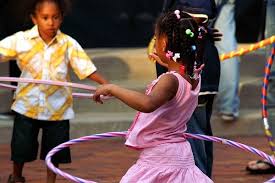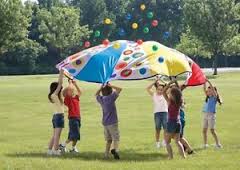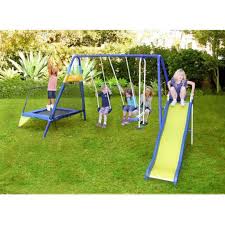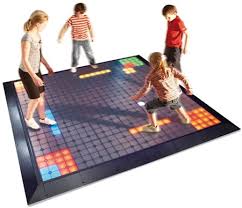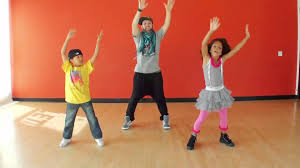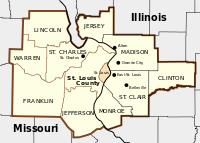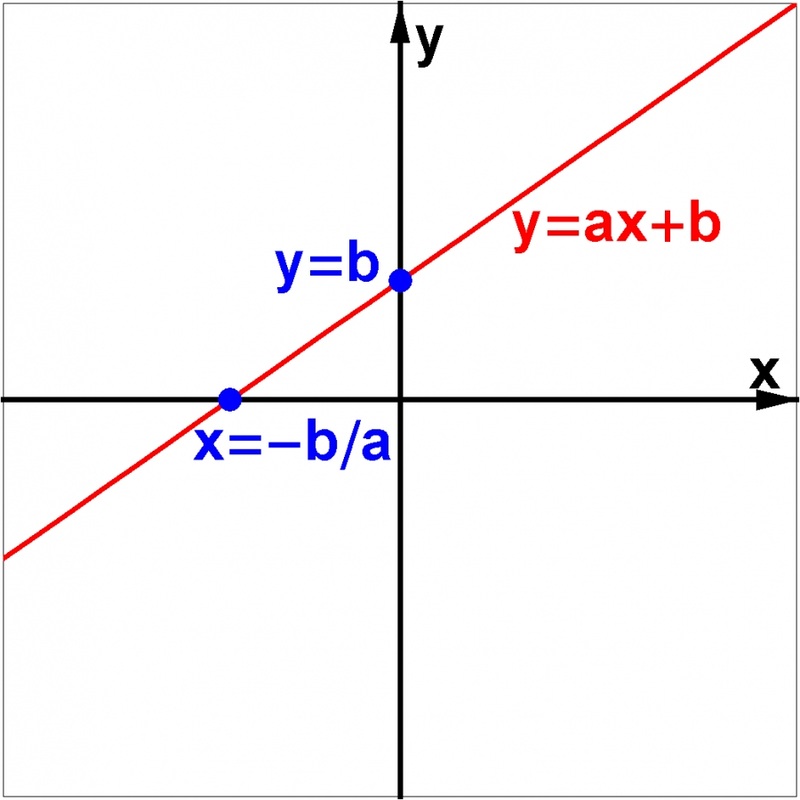| We all know exercise helps us physically. These are just a few physical benefits of exercise:
But, can exercise help our brains too? According to the Centers for Disease Control and Prevention (CDC), the answer is a resounding YES! | |
The CDC defines academic performance in terms of the following three primary areas:
- Cognitive Skills and Attitudes (attention/concentration, memory, verbal ability)
- Academic Behaviors (conduct, attendance, time on task, homework completion)
- Academic Achievement (standardized test scores, grades)
Students who exercise exhibit the following traits, each of which falls into one of the three primary areas of academic performance listed above:
- improved attention and motivation
- quicker performance of simple tasks
- quicker response with greater accuracy to cognitive tasks
- better performance on standardized tests
- better working memories and problem-solving skills
- improved information processing, storage, retrieval, and organization
- improved planning and scheduling skills
- stronger reading and math skills
Although academic performance is dependent on a variety of variables, health is a key aspect of our children's ability to learn. Physical activity and higher aerobic fitness have been proven to augment basic cognitive functions that aid in the learning process, especially functions related to attention and memory. So, a tip for escalating your child's academic performance during the coming and subsequent school years is to incorporate daily exercise, in addition to regular studying and adequate sleep. Make exercise fun by including activities your child enjoys. Invite friends and family to join in and experience the benefits of exercise. You'll positively get more than you bargained for!






